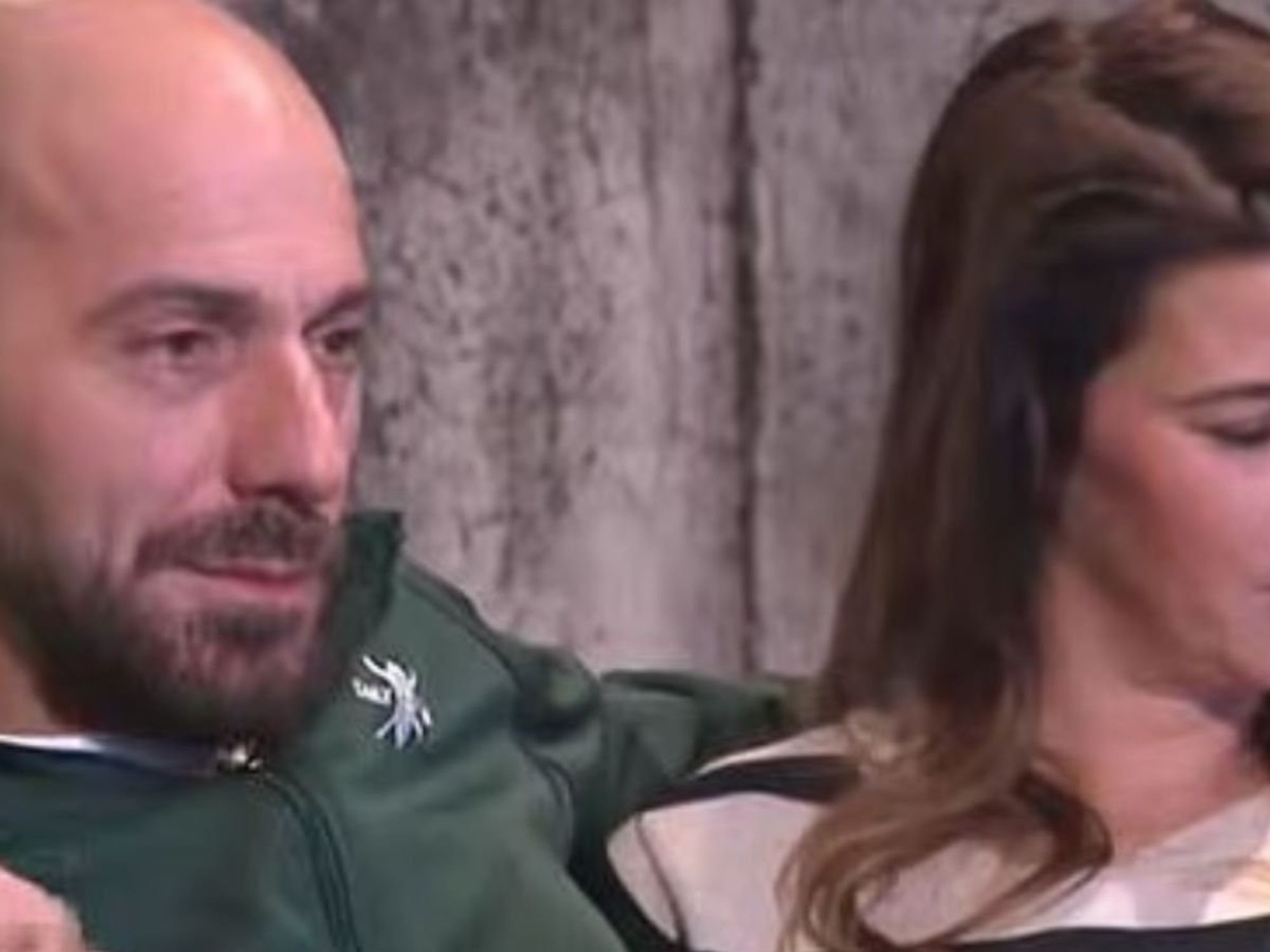The Guardian forced to apologise for slave trade links as it announces it will pay £10m in reparations
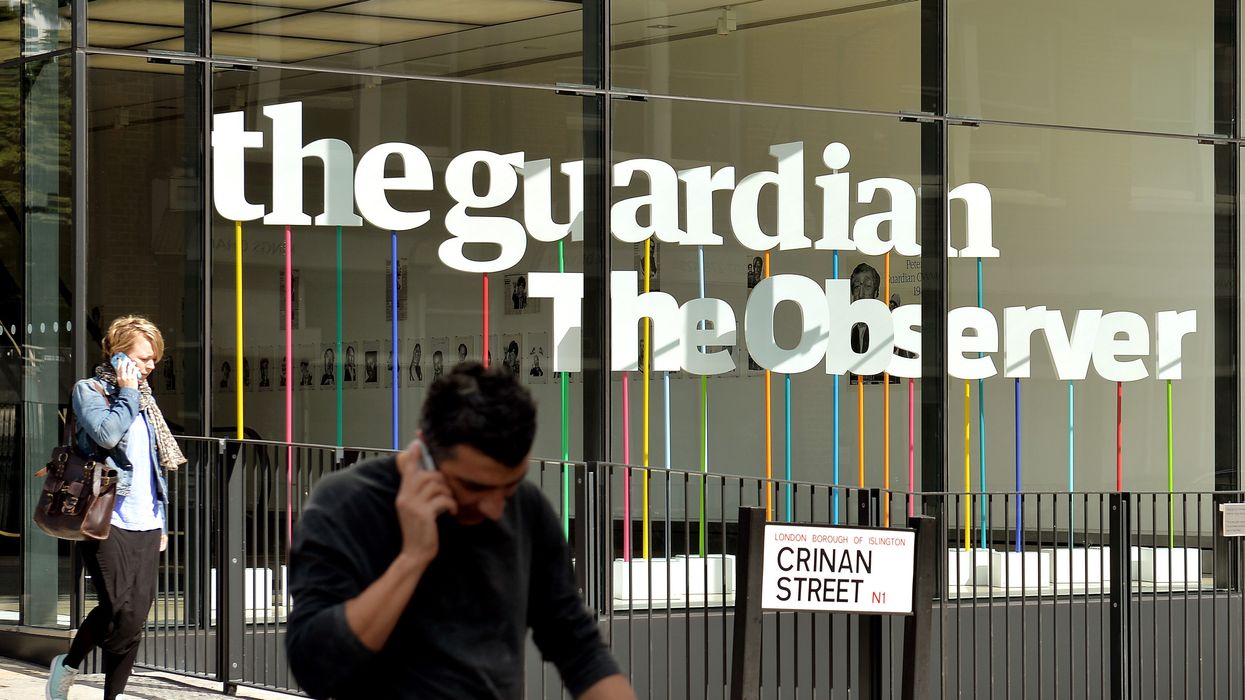
The Guardian has announced it will pay £10million in reparations
|PA

In 2020, The Scott Trust announced it would be commissioning an independent investigation into the newspaper’s early links to the slave trade
Don't Miss
Most Read
Latest
The Guardian has been forced to apologise for its links to the slave trade and announced it will pay £10million as part of a programme of “restorative justice” that will be carried out over the next decade.
The announcement was made yesterday by the newspaper’s owner, The Scott Trust, after it released its “Legacies of Enslavement report”.
The newspaper was founded in 1821 by John Edward Taylor and originally called the Manchester Guardian.
Taylor was a cotton merchant and many others who helped fund the newspaper’s publication were involved in the textile and cotton trades which were linked to the slavery trade.
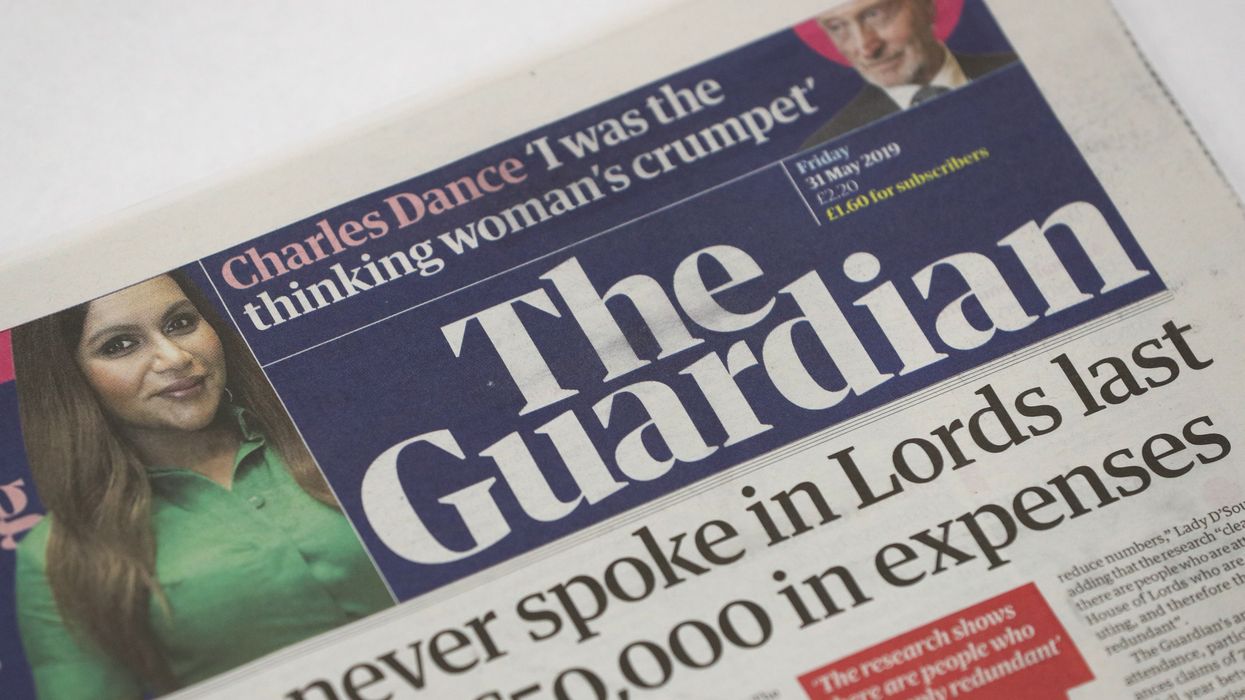
The announcement was made yesterday by the newspaper’s owner, The Scott Trust, after it released its “Legacies of Enslavement report”
|PA
Taylor managed to acquire £1,100 from a total of 11 backers which in modern day terms equates to £94,500.
In 2020, The Scott Trust announced it would be commissioning an independent investigation into the newspaper’s early links to the slave trade.
The report findings stated: “It is clear from this array of commercial interests that Taylor had multiple links to transatlantic slavery.”
In an apology, the Scott Trust board wrote: “As the owners of the Guardian, the Scott Trust apologises to the affected communities identified in the research and surviving descendants of the enslaved for the part the Guardian and its founders had in this crime against humanity, perpetrated against their ancestors.
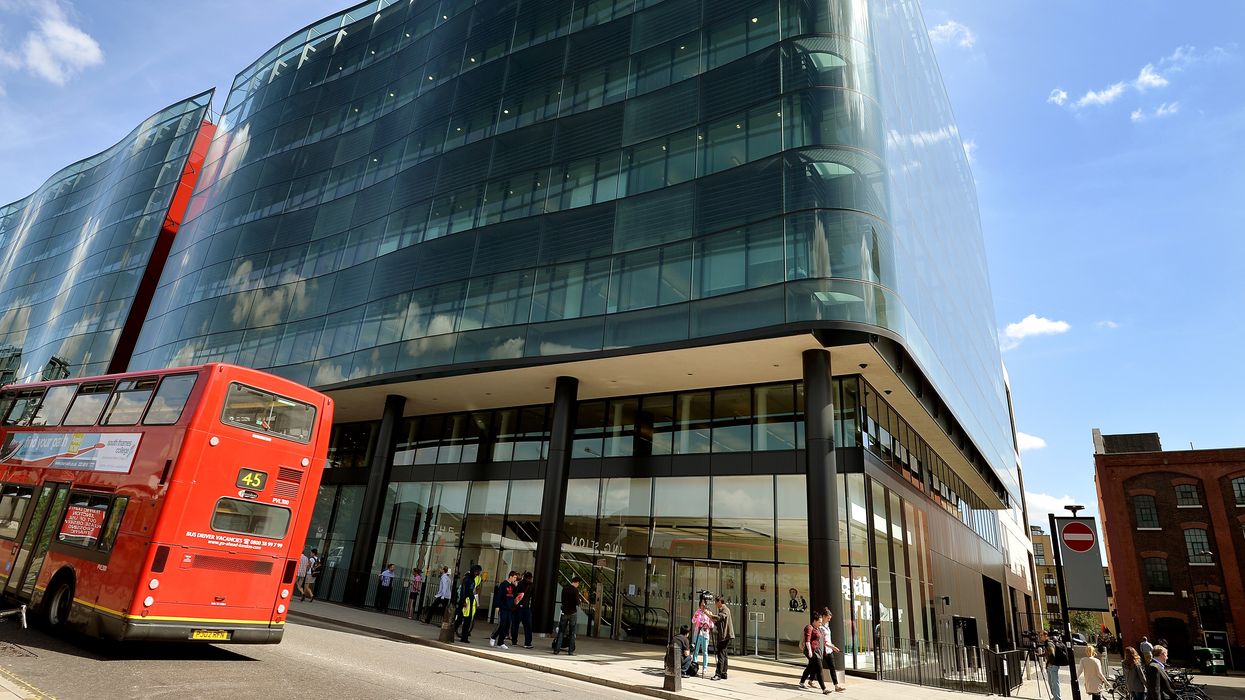
The Guardian's owner said it was 'deeply sorry'
|PA
“We are deeply sorry for the role Taylor and his backers played in the cotton trade, which benefited from the forced labour of enslaved people in the Americas; for Philips’ direct enslavement of people in Jamaica; and for the role the paper’s journalism played in supporting the economy of enslavement.
“These connections are as relevant to the Guardian’s origin story as the 1819 Peterloo massacre, and they pose a fundamental question for us: what does it mean to be a progressive organisation that was born out of the profits of human bondage?
“The ideology behind slavery was so embedded in 18th- and 19th-century Britain that even individuals and organisations who considered themselves liberal could be complicit in the most despicable crimes; and so our goal in responding to these facts should be to strive to do all we can in the present day to atone for these historical injustices, and to support those who still live with the legacy of this brutal and dehumanising era.”
Announcing its response to the report it continued: “We believe it is incumbent upon us to share these facts transparently, recognising the historical injustice, and to commit ourselves to raising awareness of this history, and creating a programme of restorative justice.
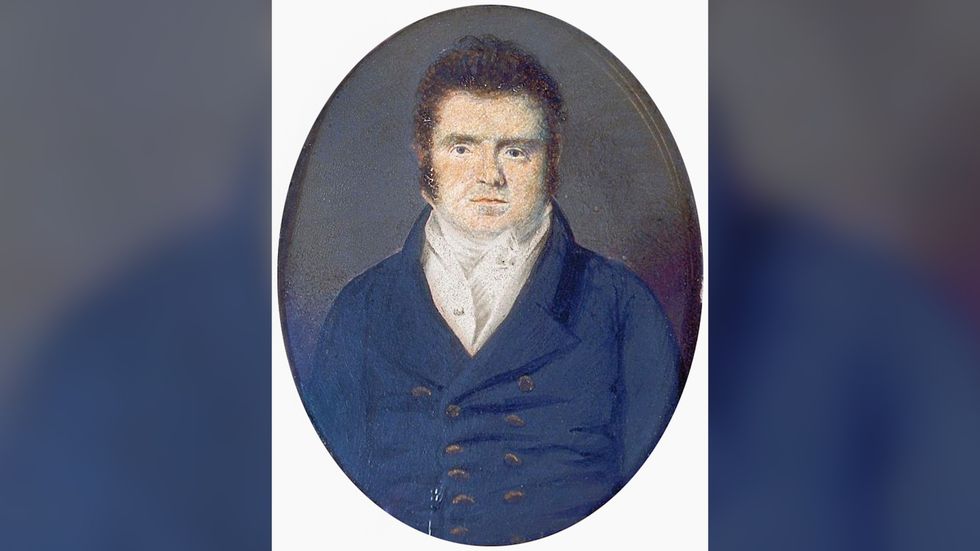
Taylor managed to acquire £1,100 from a total of 11 backers which in modern day terms equates to £94,500.
|Manchester Library
“The trust will initiate and fund a programme of work aimed at communities still affected by the legacies of transatlantic slavery, primarily in the US, Jamaica and the UK, where the Manchester Guardian’s founders had the strongest connections, as well as in the wider African diaspora.
“Throughout this process it has become clear that more work needs to be done to acknowledge and reflect on the wider history of Britain’s connection to transatlantic slavery.”
It said the Guardian would increase its reporting on the “Caribbean, South America and Africa, and on Black communities in the UK and US.”
It will also increase its funding in community projects, its Guardian Foundation, new global news sectors, research, and its bursary schemes.
It also hopes to “ improve public understanding of transatlantic slavery’s continuing impact on Manchester and Britain”.
It expects to spend more than £10million in its response to the report.









